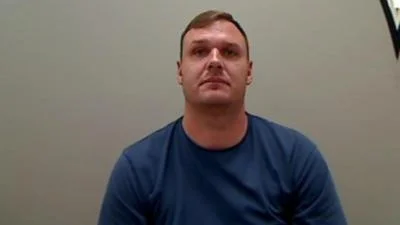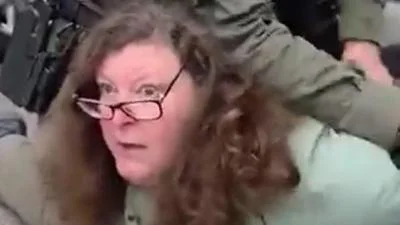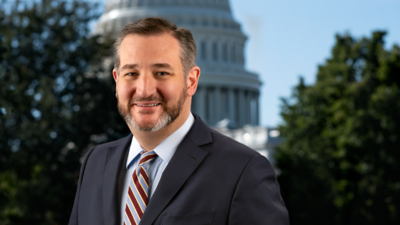Former Chicago political reporter Charles Thomas | YouTube
Former Chicago political reporter Charles Thomas | YouTube
There is no doubt that Chicago Mayor Lori Lightfoot is facing difficult challenges when it comes to the $800 million budget deficit the city is facing, but one longtime observer of city politics said that is just part of the job she was elected to do when she took office five months ago.
At a recent city conference for municipal bond investors, Lightfoot made several suggestions for how she wants to tackle the city’s $838 million deficit, including raising the city’s real estate transfer tax for high-end properties and raising the levy on ride-sharing services like Uber and Lyft. She also did not dismiss the idea of raising property taxes for the city, according to a story in Crain’s Chicago Business.
Charles Thomas, who spent a quarter century as the political reporter for the city’s ABC affiliate, said that while Lightfoot and the Crain’s story differentiate between the real estate transfer tax and property taxes for the average Chicagoland resident, the difference is minimal at best.
“When she talks about trying to avoid raising the property tax and in the same breath talks about a real estate transfer tax, the real estate transfer tax in my way of thinking is a property tax,” Thomas told Chicago City Wire. “It’s a tax that only property owners would pay, and it is a very regressive tax in as much as it is charged on the value of the property being transferred, not on the amount of money that a particular homeowner might have in that property.”
While property taxes are paid on an annual basis, Thomas said the real estate transfer tax is just a deferred property tax paid at the time of the sale.
“The city shows up at the closing to get their share of either the seller’s equity or the buyer’s down payment,” Thomas said. “I find that somewhat disingenuous that she’s suggesting that she’s trying to avoid raising property taxes.”
Thomas said that people in Chicago, especially those who have lived in their homes for many years, are already struggling to make ends meet in many cases. Any increase in the city’s property tax would just make the burden that much greater.
“They’re already struggling to pay the property taxes that Rahm Emanuel increased, so to do it again, I just can’t imagine where she’s going,” Thomas said.
Having covered Emanuel’s tenure in City Hall, Thomas said his biggest concern is that after five months in office he does not see Lightfoot as having a more concrete plan to tackle the city’s dire financial issues. Lightfoot is expected to have a budget to put forward early next month, which Thomas said does not leave a lot of time for the city to discuss and advance the budget and agree on the spending plan.
“I can’t believe that her administration does not have its arms around this situation already,” he said, noting that while Emanuel claimed to have fixed the city’s structural deficit, he left his successor with a larger financial deficit than his predecessors left him.




 Alerts Sign-up
Alerts Sign-up